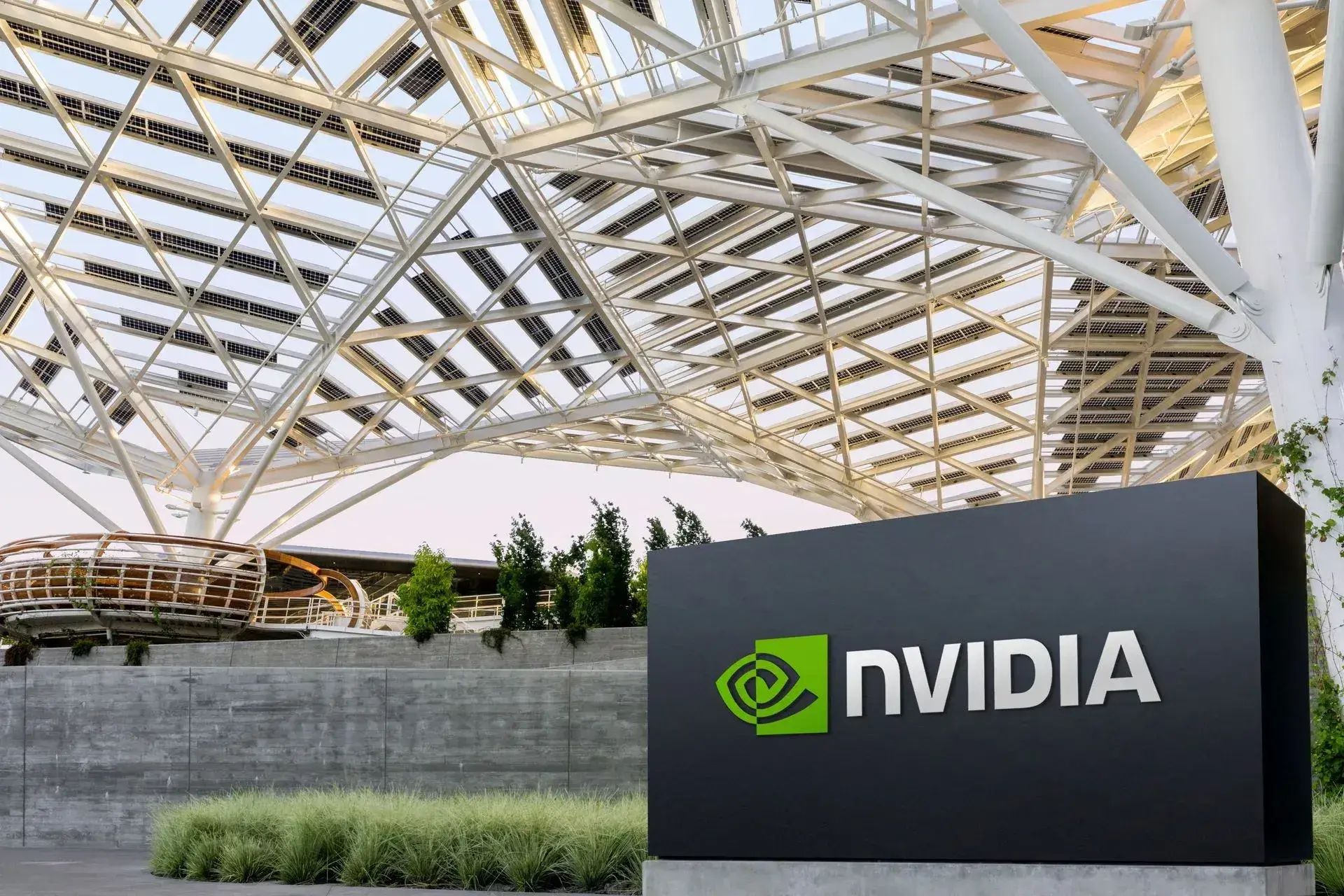In a groundbreaking move, tech giants NVIDIA and AMD are gearing up to launch ARM-based chips for PCs, marking a significant stride in the ongoing rivalry with Intel. This bold venture promises a new horizon of performance and efficiency in the computing realm.
Embracing the ARM Architecture
Traditionally, the PC market has been dominated by x86 architecture, primarily from Intel. However, the winds of change are blowing, as NVIDIA and AMD step into the realm of ARM-based chips. ARM's architecture is renowned for its efficiency and low power consumption, making it a preferred choice for mobile devices. Transitioning this technology to the PC sector signifies a monumental shift, potentially offering consumers more efficient, cooler, and quieter computing solutions.
NVIDIA's foray into ARM-based PC chips poses a major new challenge to Intel, which has long held a stronghold on the PC market. As per a recent report from Reuters, NVIDIA's commitment to developing ARM-based chips is now official, and the tech behemoth aims to diversify its chip offerings, reducing the reliance on the x86 architecture.
The Competitive Landscape
The move by NVIDIA and AMD comes at a critical juncture where the battle for market share in the chip industry is intensifying. Intel, once the unrivaled champion in the chip-making realm, now faces fierce competition. The incoming ARM-based chips from NVIDIA and AMD are rumored to hit the market by 2025, according to insights from The Verge. This timeline sets the stage for an exhilarating race in innovation and market positioning among the chip-making titans.
Moreover, the collaborative effort between NVIDIA and AMD as reported by VideoCardz, highlights a remarkable coalition aimed at disrupting the status quo in the chip industry. The united front presents a formidable challenge to Intel and heralds a new era of processor technology, marked by enhanced efficiency and potentially lower costs for consumers.
Future Implications
The shift to ARM-based chips signifies more than just a technical evolution; it's a pivotal movement in the chip industry's landscape. The success of these ventures could potentially redraw the competitive boundaries, offering a fresh narrative in the ongoing saga of processor technology evolution.
Intel, with its rich legacy in the chip industry, is bound to respond to this new challenge, and as such, the next couple of years will be brimming with innovation and strategic moves that could reshape the PC processor market in profound ways.
The anticipation surrounding the ARM-based chips from NVIDIA and AMD is palpable, and the tech community is keenly watching the developments as they unfold.
Sources: Reuters, VideoCardz, The Verge



